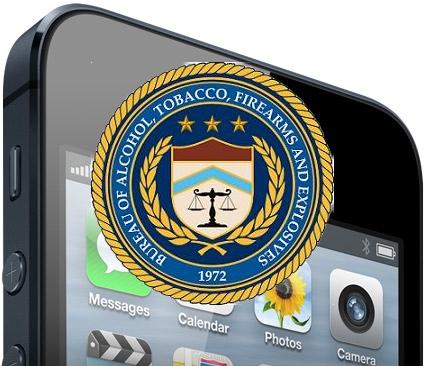Apple is inundated with so many requests from law enforcement agencies to decrypt seized iPhones that officials must endure a waiting list before their case is handled.
The waiting list was revealed in a judge's recent court decision that was spotted by CNet and highlighted on Friday. U.S. District Judge Karen Caldwell revealed that the U.S. Bureau of Alcohol, Tobacco, Firearms and Explosives had contacted Apple for assistance in decrypting a particular seized iPhone, but the agency was placed on a waiting list.

An ATF agent turned to Apple for help after discovering that the agency "did not have the forensic capability" to decrypt the phone. Once the agent reached out to Apple, they were told it would be a wait of at least 7 weeks before the case could be addressed.
Law enforcement agencies are attempting to bypass Apple's security in order to gather evidence that can be used to charge suspected criminals. But because they're unable to break Apple's encryption, agencies are forced to seek assistance from the iPhone maker.
The U.S. Drug Enforcement Administration also issued a memo last month calling Apple's iMessages platform a "challenge" to intercept. DEA officials attempting to tap into suspects' text messages have run into problems with iPhone-to-iPhone iMessages, which are securely encrypted.
Apple's strength of security has iOS on track to gain security clearance from the Department of Defense. Specifically, iOS 6 is expected to gain approval for use among Pentagon employees.


